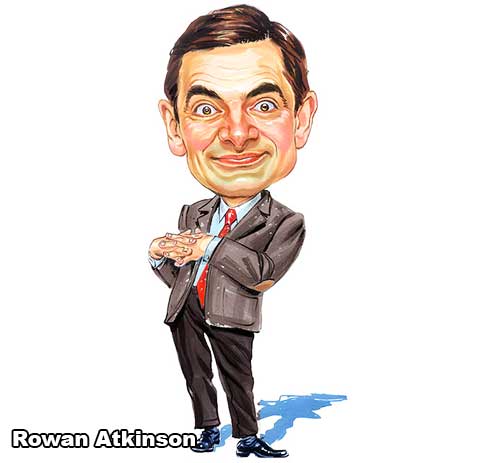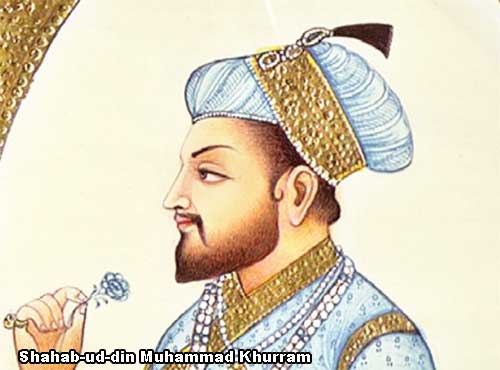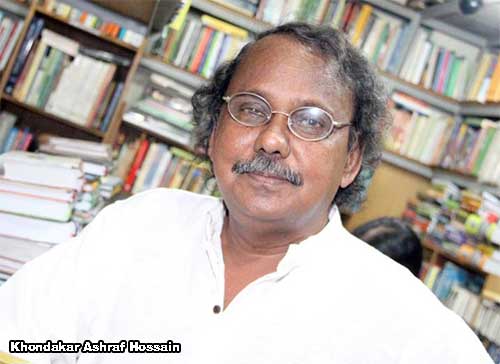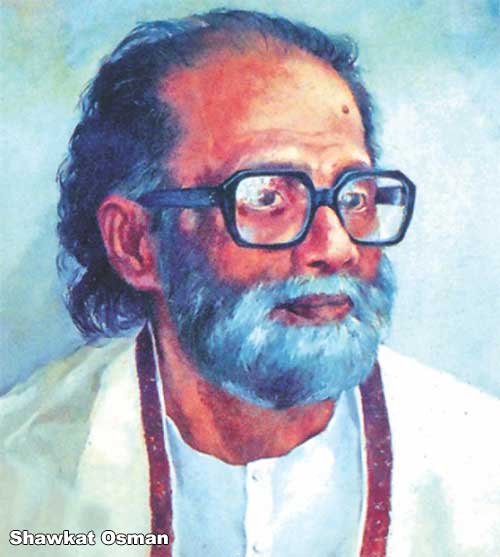
Abdul Hamid Khan Bhashani was a revolutionary leader and political icon in the Indian subcontinent. His unwavering dedication to the causes of the oppressed and marginalized earned him the affectionate title "Majlum Jananeta" or "Leader of the Oppressed." Born on December 12, 1880, in the village of Dhangara, Sirajganj (then part of British India), Bhashani's legacy is deeply ingrained in the socio-political history of Bangladesh and the broader region. His tireless advocacy for social justice, equity, and anti-imperialism shaped his political career and left an indelible mark on the hearts of millions.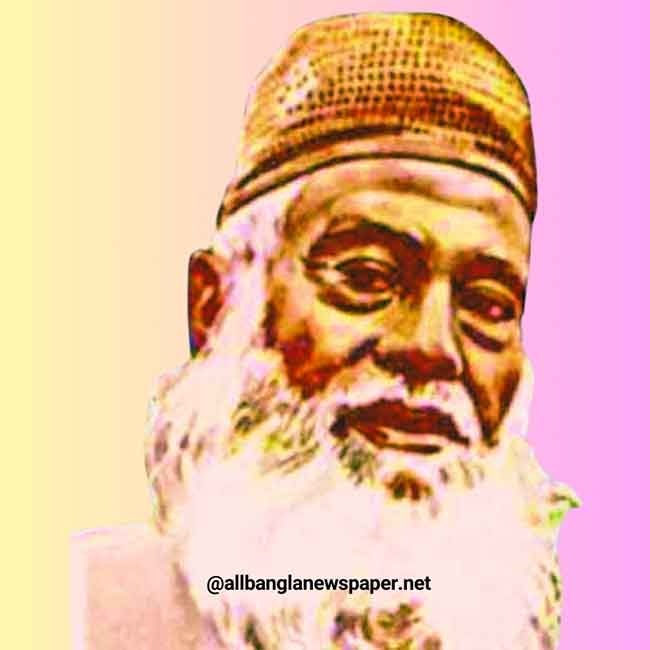
Bhashani's life was one of struggle and sacrifice. He was dedicated to uplifting the underprivileged and challenging the prevailing systems of oppression. His contributions to movements against British colonial rule, economic inequality, and autocratic governance continue to inspire generations of activists and political leaders.
Early Life and Education
Abdul Hamid Khan Bhashani was born into a modest family in rural Bengal. His early education was deeply rooted in Islamic teachings, as he studied at local madrasas, which later influenced his commitment to social justice and his sense of moral responsibility. Despite financial challenges, he continued his education at the prestigious Aligarh Muslim University, where he was exposed to progressive ideas and the principles of anti-colonial resistance.
This formative period shaped Bhashani's worldview, grounding his political ideology of inequality, justice, and liberation. His experiences in British-ruled India fueled his determination to fight against imperialism and economic exploitation.
Political Career and Anti-Colonial Activism
Bhashani emerged as a political leader during the early 20th century, which was marked by growing unrest against British colonial rule. He joined the Indian National Congress but later gravitated toward the All-India Muslim League, recognizing the importance of addressing Muslim communities' socio-economic challenges. However, his primary allegiance remained with the oppressed, irrespective of their religious or ethnic identity.
During the 1940s, Bhashani actively supported the Pakistan Movement, which sought the creation of a separate state for Muslims in the Indian subcontinent. However, his vision for Pakistan extended beyond religious identity; he dreamed of a nation prioritizing the welfare of its most vulnerable citizens.
Leadership in Pakistan and the Formation of Awami League
After the partition of India in 1947, Bhashani became a key figure in the political landscape of East Pakistan (now Bangladesh). He co-founded the Awami Muslim League in 1949, which later became the Awami League, a major political party that played a pivotal role in the liberation of Bangladesh. As the party's first president, Bhashani championed the rights of East Pakistan's people, who faced economic and political neglect under the central government of Pakistan.
Bhashani's leadership was characterized by his relentless advocacy for the Bengali language and culture, his opposition to the exploitation of East Pakistan by the ruling elites in West Pakistan, and his vocal criticism of the unequal distribution of resources and the suppression of democratic freedoms.
Breaking Away and Founding the National Awami Party
Bhashani's commitment to grassroots movements and socialist leanings eventually led him to break away from the Awami League. In 1957, he founded the National Awami Party (NAP), a platform for progressive and leftist ideologies. Under his leadership, NAP focused on land reform, workers' rights, and anti-imperialist struggles.
Bhashani's unwavering stand against the injustices faced by farmers, labourers, and other marginalized groups earned him widespread respect. He was known for his simple lifestyle and his ability to connect with ordinary people, making him a true people's leader.
Role in the Liberation War of Bangladesh
As tensions escalated between East and West Pakistan, Bhashani emerged as a staunch advocate for the independence of East Pakistan. Although he was not directly involved in the armed struggle during the 1971 Liberation War, his earlier efforts to raise awareness about the exploitation and discrimination faced by Bengalis played a crucial role in shaping the independence movement.
Bhashani's calls for justice and equality resonated with the masses, and his legacy continued to inspire the leaders and fighters who ultimately achieved the creation of Bangladesh.
A Commitment to Peace and Justice
Throughout his life, Bhashani remained committed to peace and justice. He opposed the arms race and spoke out against the Vietnam War and nuclear proliferation. His anti-imperialist stance extended to his criticism of Western and Soviet policies, emphasizing the need for an independent path for developing nations.
Bhashani's advocacy for the oppressed was not limited to political arenas; he also worked tirelessly to improve access to education, healthcare, and social services for underprivileged communities. His humanitarian efforts reflected his deep compassion and unwavering commitment to humanity's welfare.
Legacy and Global Recognition
Abdul Hamid Khan Bhashani's contributions to social justice, political reform, and anti-imperialism have earned him among the most respected leaders of the 20th century. His life and work inspire movements for equality and human rights worldwide.
While his name may not be as widely recognized internationally as other political icons, Bhashani's impact on the lives of millions in South Asia is undeniable. His philosophy of service to humanity and his tireless fight against oppression remain relevant today, where inequality and injustice persist.
Connections to Other Pioneers of Social Change
Abdul Hamid Khan Bhashani's legacy can be likened to other visionaries who championed the rights of marginalized groups. For instance, Begum Rokeya A Trailblazer for Women's Empowerment and Social Reform was another towering figure in the history of Bengal, advocating for gender equality and education for women. Both Bhashani and Rokeya shared the goal of creating a more just and equitable society.
Their efforts underscore the importance of collective action in addressing systemic issues and building a world where everyone can thrive. The intersection of their work highlights the interconnectedness of struggles for justice, regardless of gender, class, or ethnicity.
Conclusion
Abdul Hamid Khan Bhashani's life was a testament to the power of resilience, compassion, and unwavering commitment to justice. As a leader dedicated to the welfare of the oppressed, he stood as a beacon of hope for millions. His advocacy for social and economic equality, coupled with his anti-imperialist stance, made him a transformative figure in the history of South Asia.
Bhashani's legacy continues to inspire those who fight for a better world. His story reminds us that true leadership is not about personal gain but uplifting others and standing firm against injustice. In celebrating Abdul Hamid Khan Bhashani's life and work, we honour the enduring values of equality, freedom, and humanity he passionately upheld.
#AbdulHamidKhanBhashani #MajlumJananeta #NationalAwamiPartyNAP

